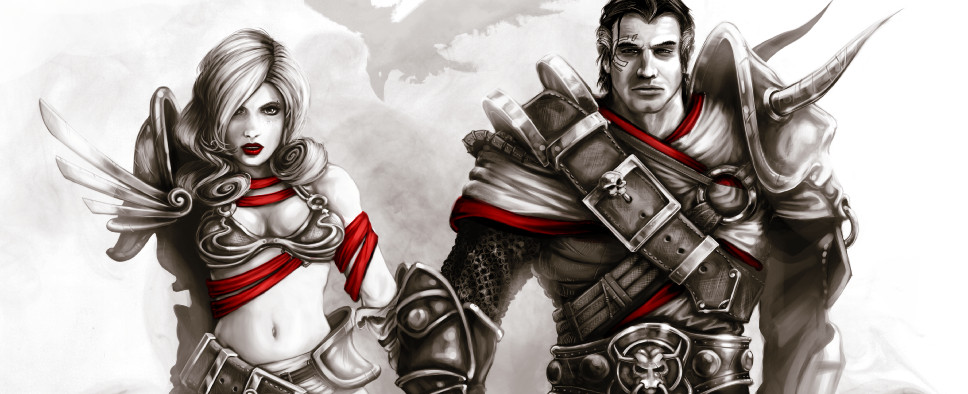Why Divinity: Original Sin Might be the RPG You've Been Waiting For
-
Category: News ArchiveHits: 1464

Eurogamer has published a new preview for Divinity: Original Sin; based on the writer's experience playing the title in co-op with Larian's mastermind Swen Vincke. Here's a snip:
What Vincke is talking about is the variety and the interactivity that Ultima 7 demonstrated. It gave players a world where, as well as taking on quests, fighting monsters and exploring the wilderness, they could manipulate, combine or craft with most of the items they found. The world itself could also be altered by player action and just about any character killed, regardless of the ethical or mechanical consequences. Its plot was open-ended. It gave players a lot to play with, without prescribing how they should play.
It's that same level of complexity that Larian are aiming for and, while I'm busy chatting my way through dialogue trees or pouring over my character sheet, Vincke's keen to show off all the items he can craft and combine. That, and the many ways he can use magic to cause havoc.
A plank of wood and some nails become a club. Meat can be cooked. Heavy items can be dropped on pressure pads to trigger traps. I'm free to grow my character's skills as I wish, but if I decide I want enjoy a little spellcasting then I open up another world of prankish possibilities. Blasts of chill air turn water to ice and send attackers skidding, while searing magical heat can turn that water to vapour, obscuring lines of sight. A zap with a bolt of electricity then turns this into a dangerous static cloud.
Individually, all these elements are interesting, but it's when they come together that Divinity: Origin Sin's potential leaps out at you. A vapour cloud isn't just useful in combat, hiding you from a party of advancing monsters, it could also give you the cover you need to commit a quick theft and leave your reputation intact. There are, Vincke says, multiple ways to solve many of the game's problems and, should one approach fail, there will still be others available.

